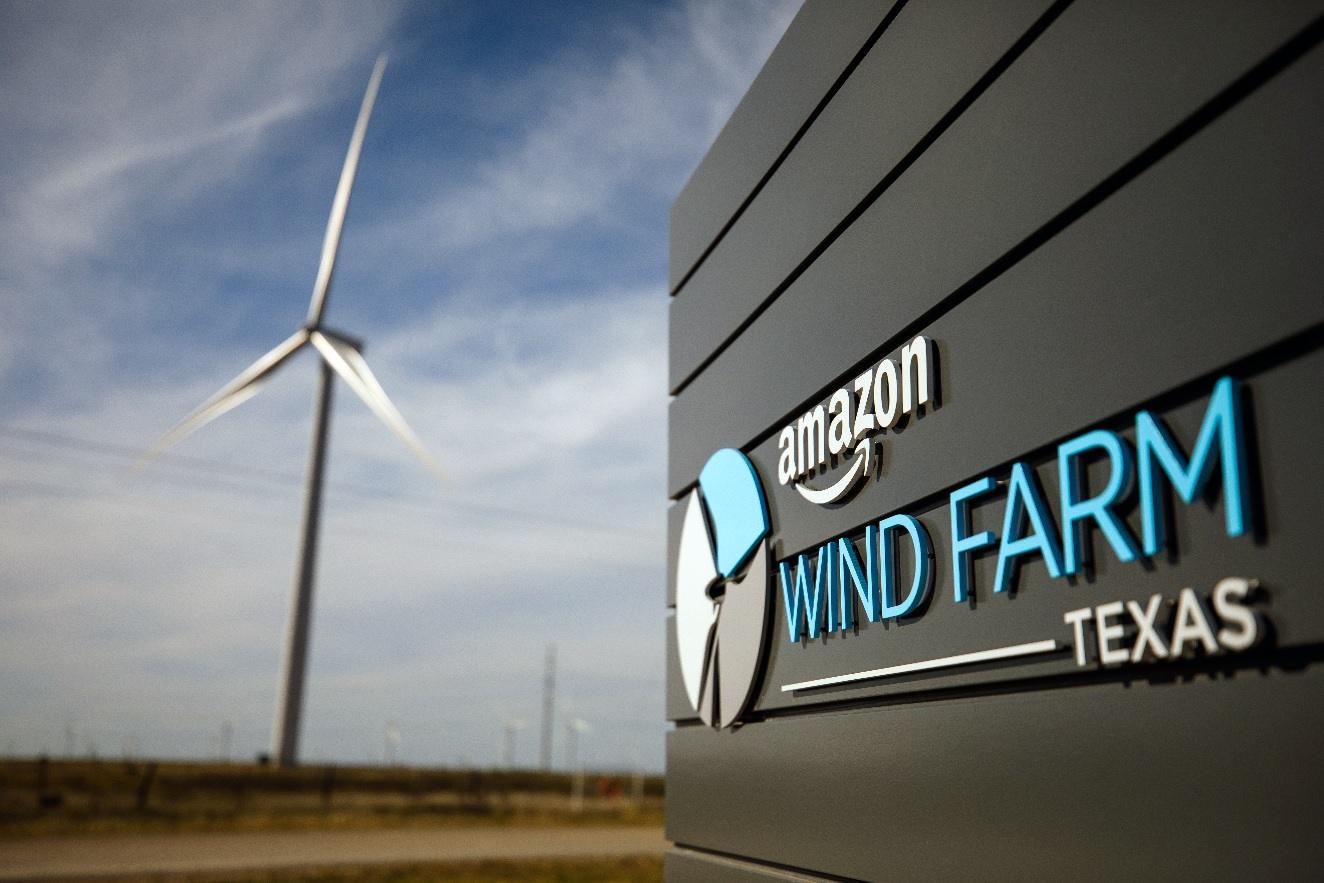Ceres Report: Investors Underestimating Exposure of US Banks to Climate Risk
Sustainability-focused nonprofit organization Ceres announced today the release of “Financing a Net-Zero Economy: Measuring and Addressing Climate Risk for Banks,” a new report aiming to provide a first-of-its-kind assessment of the loan portfolios of U.S. banks. According to Ceres, the report, issued by the Ceres Accelerator for Sustainable Capital Markets, indicates that the U.S. banking sector is far more exposed to the systemic and financial risks of climate change than previously understood by investors or disclosed by banks.
Ceres stated that while the market tends to focus on banks’ direct loans to the fossil-fuel sector, this approach fails to take into account take into account the risks involved in financing industries that rely heavily on fossil fuels as inputs as well, including agriculture, manufacturing, construction, transportation and the financial sector itself.
Utilizing this broader perspective, the report suggests that more than half of syndicated lending of major U.S. banks is exposed to climate transition risk because many bank clients in a wide range of sectors have inadequately prepared for emissions reductions in line with the Paris Climate Agreement. The report also finds that the six largest U.S. banks all face above-average risk in the wide-impact results.
Steven M. Rothstein, Managing Director of the Ceres Accelerator for Sustainable Capital Markets, said:
“Our future depends on banks’ understanding of and disclosure of their exposure to major risks like climate risk. The U.S. banking sector’s current lending and disclosure practices are leaving them—and in turn, all of us—dangerously vulnerable to the impacts of climate change. Banks have a strong strategic incentive to better account for, disclose, and mitigate climate risks. While there is growing interest in acting on climate risks from U.S. financial regulators, banks have an opportunity to act on these risks now, without waiting for policy or regulatory change. They can help prevent the next financial crisis, and in so doing improve their competitive position and, ultimately, their financial results.”
The report continues to make several recommendations for banks to better assess, mitigate and disclose their exposure to climate risks. These include improving existing climate risk analysis tools and methods, requiring clients to provide more data in key climate-related areas, developing risk management techniques like stress testing and scenario analysis, building climate risk into day-to-day decision-making tools, and setting and disclosing financing portfolio targets that are aligned with the most ambitious goals of the Paris Climate Agreement.
Dan Saccardi, Senior Director, Company Network, Ceres, said:
“It’s time to usher in a new era of climate risk analysis, assessment and mitigation in the banking sector. It’s not just about lending to one company or one sector. It’s about the way climate impacts the entire system—and therefore, the entire portfolio. There’s no diversifying or hedging these risks unless we understand the full scope of them. Banks must recognize climate risks across their portfolios, disclose them, and act to mitigate them.”





